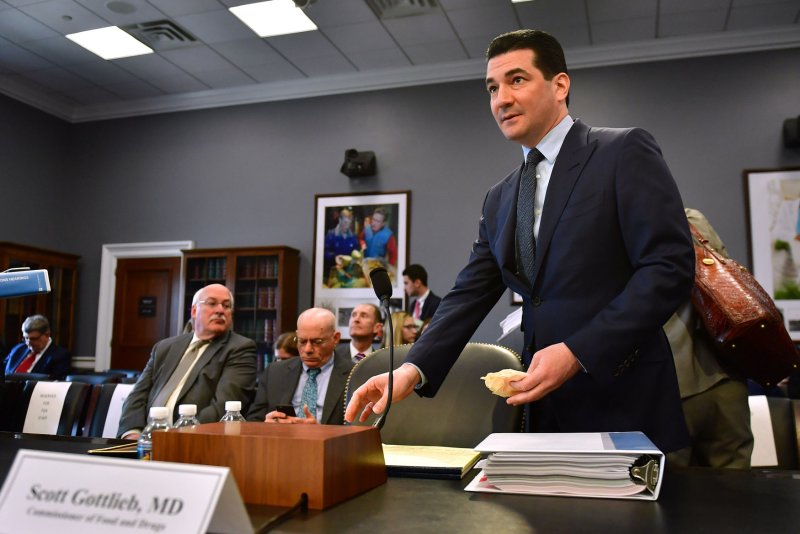April 17 (UPI) -- The Food and Drug Administration has approved a combination of two immunotherapy drugs, ipilimumab and nivolumab, to treat metastatic kidney cancer.
The FDA approved the injection combination Monday based on the CheckMate 214 trial. The Phase 3 trial results were published Monday in the New England Journal of Medicine.















